So many actors and musicians and filmmakers "died suddenly" last year that the awards shows can't "remember" all of them
It happened recently at BAFTA and the Emmys, just as it did at the Oscars in 2022 and 2023—and surely will again at the Academy Awards this March, SO MANY having now "died suddenly"
Jesse Collins, the producer of this year’s Emmys, has told Entertainment Tonight that the Emmys’ “In Memoriam” segment left out Raquel Welch and Jerry Springer (among others) because “some big names were unable to make the final cut.” That problem is what makes “In Memoriam” “‘one of the hardest parts of the show’ to put together,” Collins said—implying that it’s always been this way.
Over the years pre-2020, it’s more than likely that survivors of departed TV actors, producers and/or writers, among others who deserved the recognition, have privately complained about their loved ones’ exclusion from the annual necrology; but I don’t remember stars as big as Raquel Welch and Jerry Springer having been excluded, or such exclusion making headlines, like this one about the Emmys, or the one below it, about Kate Beckinsdales’ complaint that BAFTA had excluded her stepfather, Roy Battersby— “a prolific television director”—from its “In Memoriam” segment.
Emmys Producer Explains Why Jerry Springer and More Late Stars Were Cut From In Memoriam Tribute
January 17, 2024
Not every celebrity who died in 2023 made it into this year’s Emmys In Memoriam tribute.
Jerry Springer, Raquel Welch and more late stars were not featured in the awards show segment on Monday, January 15, which featured a performance of “See You Again” by Charlie Puth and The War and Treaty. After the show, Emmys producer Jesse Collins told Entertainment Tonight that the In Memoriam is “one of the hardest parts of the show” to put together, meaning some big names were unable to make the final cut….
Kate Beckinsale rejects BAFTA’s apology after ‘In Memoriam’ snub
Beckinsale was told that BAFTA "could not guarantee" that her late stepfather would be included in the tribute section at this year's film awards
January 10, 2024
Kate Beckinsale has rejected an apology from BAFTA after being told that they “could not guarantee” that her late stepfather would be included in their ‘In Memoriam’ segment this year.
Beckinsale’s stepfather Roy Battersby was a prolific television director who worked on shows including Cracker, A Touch of Frost and Inspector Morse. He married Beckinsale’s mother Judy Loe, and passed away on January 10 at the age of 87.
https://www.nme.com/news/film/kate-beckinsale-rejects-baftas-apology-after-in-memoriam-snub-3574265
It was not until the 2022 Academy Awards that this sort of embarrassment became routine—yet another indicator of how many have “died suddenly” since the rollout of the global “vaccination” drive. Longtime readers of this Substack may recall my having written on how many stars were missing from the “In Memoriam” segment of the Oscars ceremony in 2022—a segment of mind-blowing vulgarity, as, for the first time ever, the show’s producers didn’t just have solemn music playing over the montage of the deceased, but crassly upstaged it with a big loud song-and-dance number, with mawkish personal appearances by Tyler Perry, Bill Murray and Jamie Lee Curtis, saying how sad they were about the deaths of Sidney Poitier, Ivan Reitman and Betty White, respectively. It wasn’t until I got past that tasteless spectacle, and focused on the names included in that “fond farewell,” that I saw how many weren’t included:
While I certainly don’t doubt Murray’s grief, or Curtis’ fondness for Betty White (or puppies), or Perry’s reverence for Sidney Poitier (though I suspect that Perry would “be here today without Sidney”), those three performances were doubly crass. For one thing, there was no such heartfelt tribute to, say, William Hurt (who died of “natural causes” on March 13, at 71), or producer Jerome Hellman (who died last year, no cause reported), or director Richard Donner (who died last year, no cause reported), or Willie Garson (who died last year, of sudden pancreatic cancer), or Jean-Marc Vallée (who died this year, no cause reported), or any of the others who have “left us” since 2020. Moreover—and again—the showy eulogies by those three stars made that “sad” moment less about the dear departed than about themselves, and, by extension, the entire Hollywood “community,” and how supremely good it is, what with its fierce commitment to all “people of color” (if they’re not “vaccine-hesitant”), LGBTQ+ people (ditto), deaf people (the reason Coda won the Oscar for Best Picture), rescue animals, “climate action” and Ukrainians (except those getting shelled and bombed by Nazis in the East).
And yet that startling crassness may have been the sort of ploy that some think Will Smith and Chris Rock helped pull off; although its purpose wouldn’t be to sell some poisonous new Pfizer product, but, rather, to distract us from an effort to conceal some vivid evidence that Pfizer/BioNTech have, through their most profitable product ever, been killing, gravely injuring and/or sterilizing people in unprecedented numbers—including countless “people of color,” LGBTQ+ people, deaf people and Ukrainians (and Russians). This year’s “In Memoriam” contained such evidence; or, rather, would have, if someone had not intervened to lower the number of all “those who’ve left us” this past year, by leaving out some names—perhaps a lot of names—that should have been included.
Why was Bob Saget—who appeared in 15 movies, and himself won an Oscar in his youth—not mentioned in that retrospective? If it included William Hurt, who also died in 2022 (of “natural causes”), and over two months after Saget died (having fallen on his head for no reported reason), why was that beloved comic’s death left out? His exclusion made some news, because of a swift outcry by his fans—as also happened with comedian Norm McDonald, who died last year (of cancer), yet who went unremembered Sunday night, in spite of his prolific voice-work and appearances in movies, as well as his comedic stardom on TV.
And why was there no mention of Ed Asner (who died last spring at 91, reportedly of “natural causes”), despite his having been in over 80 films, including JFK, Fort Apache: The Bronx and They Call Me Mister Tibbs! (as well as his key voice-work in Up, a major hit)? Where was Jean-Marc Vallée (who “died suddenly of a suspected heart attack” on December 31—the same day that Betty White “died suddenly” at the ripe old age of 100)? Surely the director of The Dallas Buyers Club (and, on TV, “Big Little Lies”) deserved remembrance at the Oscars. Where was veteran character actor Willie Garson (who died last September, at 57, of sudden pancreatic cancer)? Aside from his work on “Sex and the City” and over 300 other TV shows, Garson acted in over 70 films. And where was underground filmmaker Robert Downey, Sr. (who died last July, reportedly of “complications from Parkinson’s disease”)? Surely the director of Putney Swope (and co-producer of Robert Downey, Jr.) deserved to be remembered at the Oscars. And so did John Korty, cinematic jack-of-all-trades, whose documentary Who Are the DeBolts? And Where Did They Get Nineteen Kids? won an Oscar in 1977; who won an Emmy for directing The Autobiography of Miss Jane Pittman in 1974; and who worked closely with George Lucas. (Korty died, of no reported cause, on March 9.)
All those names missing from the video remembrance Sunday night are listed on the Academy’s memorial webpage (as noted in the video). So why were they excluded from the show? As one who’s watched the Oscars every year since Lawrence of Arabia won Best Picture, I feel confident in saying that the missing noted here would ordinarily have been included in the segment, which always featured even very minor figures. This time, a Big Goodbye that did include Ed Asner, Bob Saget, Norm McDonald, Willie Garson, Robert Downey, Sr., John Korty and Jean-Marc Vallée—and all the other movie people who have “left us” this past year, yet also went unmentioned Sunday night (including Jackie Mason, Suzzanne Douglas, Lois De Banzie, Frank MacRae, Helen McCrory, Barbara Shelley, Paul Ritter, Jessica Walter and Michael Constantine)—would have dragged on sadly for way longer than that segment ever had before; and such an over-crowded melancholy segment would not just have killed the show’s hysterically celebratory mood, and added several minutes to the broadcast, but, crucially, it also would have called attention to precisely what both Pfizer and BioNTech—and the CDC and WHO, and the CIA and DoD, and (therefore) “our free press”—want everybody not to notice: that those “vaccines” are killing people in unprecedented numbers, throughout the movie industry no less than in the military and professional sports; and so the simplest way to solve that propaganda problem was to leave a lot of those departed on the cutting-room floor—and then to (try to) cover up all those exclusions, or distract us from them, with that loud, “woke” battalion of frenetic singer/dancers, and those three stagy tributes by Bill Murray, Tyler Perry and Jamie Lee Curtis (and her little dog, too).
It bears noting here that all too many of this past year’s multitude of “those who’ve left us” either “died suddenly” of no apparent cause, or of a “massive heart attack” or stroke, or of a swift, aggressive cancer; and that a considerable number of them—including Betty White, Bob Saget, Willie Garson and Ed Asner—had been “vaccinated” very publicly within the weeks or months before, to get the rest of us to do so, too. Thus an all-inclusive “In Memoriam” would not just have called attention to the recent sky-high number of the dead, but also might have prompted some attentive viewers to check back on why so many have been dropping dead, and then put two and together, coming up with four instead of five. Such viewers might then go on to see that grim toll as connected to the ongoing accelerated die-off of professional athletes, and student athletes, and coaches, and soldiers, and firefighters, and also to such more-than-likely “vaccine” injuries as Bruce Willis’s career-ending aphasia (one week after his booster), and all the others that will be reported soon (unless the authors of this nightmare finally hit the kill switch on the Internet).
(On YouTube, the only video of that horrendous segment was this one from French TV.)
Then there were all those likewise missing from the Oscars’ “In Memoriam” segment in 2023:
Here are some of those who didn’t make the cut this year. How many had been “vaccinated”? Maybe some were not (as Olivia Newton-John was not). Since “vaccination” was, of course, a must in Hollywood (though many stars have got around it with fake “vaccine” cards), the chances are that most of these departed, if not all of them, were jabbed as well:
Ann Heche:
Tom Sizemore:
Charlbi Dean:
Tony Sirico:
Cindy Williams:
Paul Sorvino:
Melinda Dillon:
Sandra Seacat:
Stella Stevens:
Ricou Browning:
Fred Ward:
Bo Hopkins:
Philp Baker Hall:
Jean-Louis Trintignant:
Joe Turkel:
David Warner:
Clu Gulager:
Marsha Hunt:
Henry Silva:
Leslie Phillips:
Topol:
Frank Vallelonga, Jr.
Gary Friedkin:
Former Disney exec Dave Hollis:
Gilbert Gottfried:
Leslie Jordan:
‘Saving Mr. Banks’ actor Ronan Vibert:
Movie exec Rob Mitchell:
‘Elvis’ Actress Shonka Dukureh:
“Walker Texas Ranger” star Clarence Gilyard Jr.:
Casting director Amanda Mackey:
Director Albert Pyun:
Director Jeff Barnaby:
(The links to those two Substacks are below.)
Since the stellar die-off has accelerated since last year’s Oscars, unless the show’s producers dare to do an In Memoriam segment long enough to acknowedge all this past year’s dead, expect even more famous faces to be missing from the dismal line-up on the evening of March 10. (As there was a similar controversy over last year’s Grammys, this year’s segment will no doubt be still less comprehensive, too.)

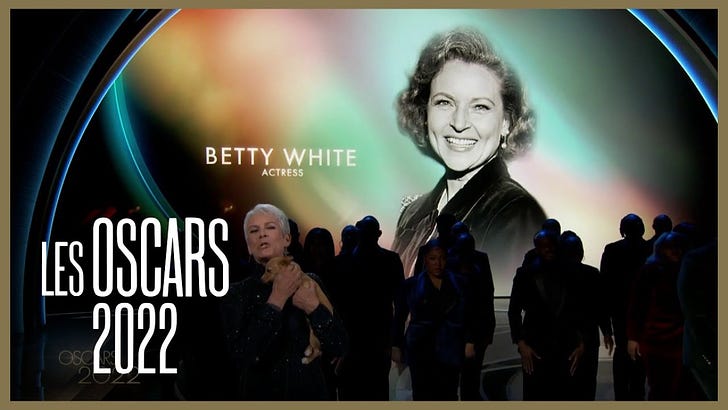



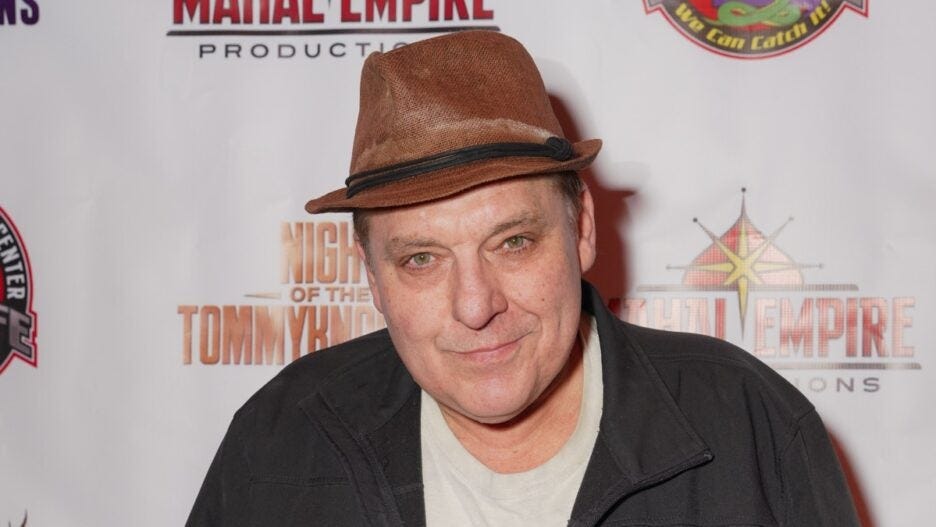
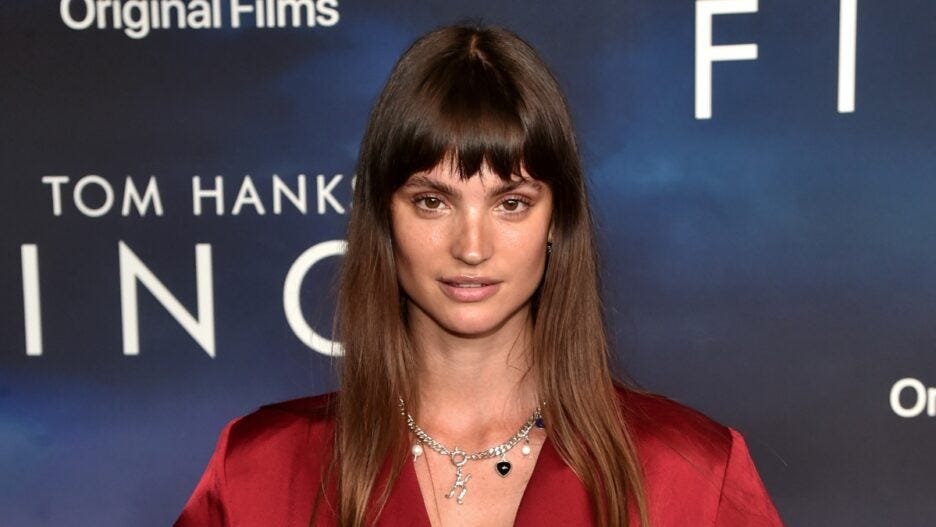
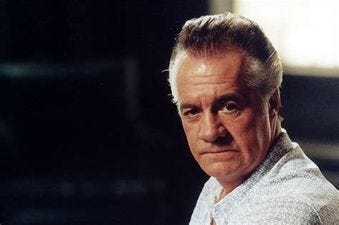

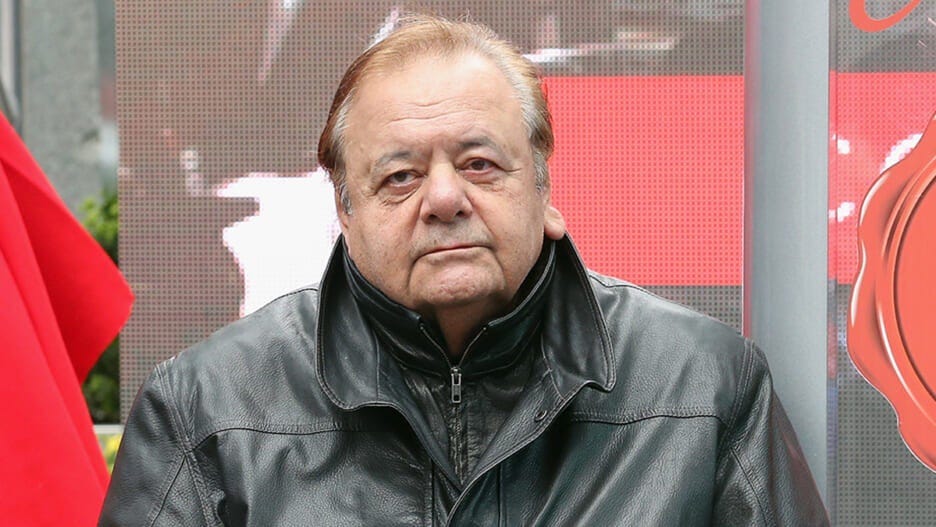


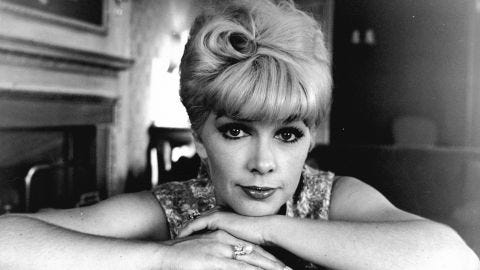
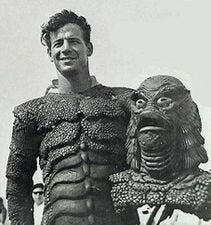
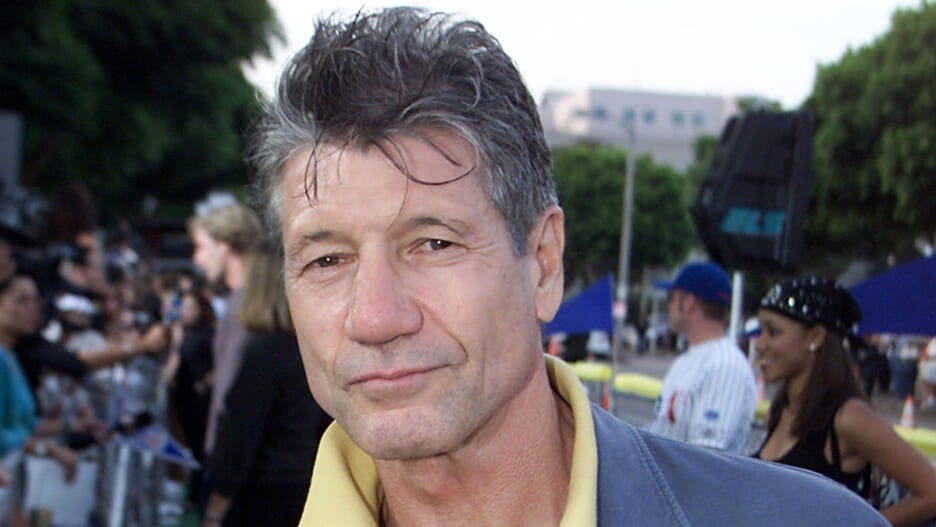
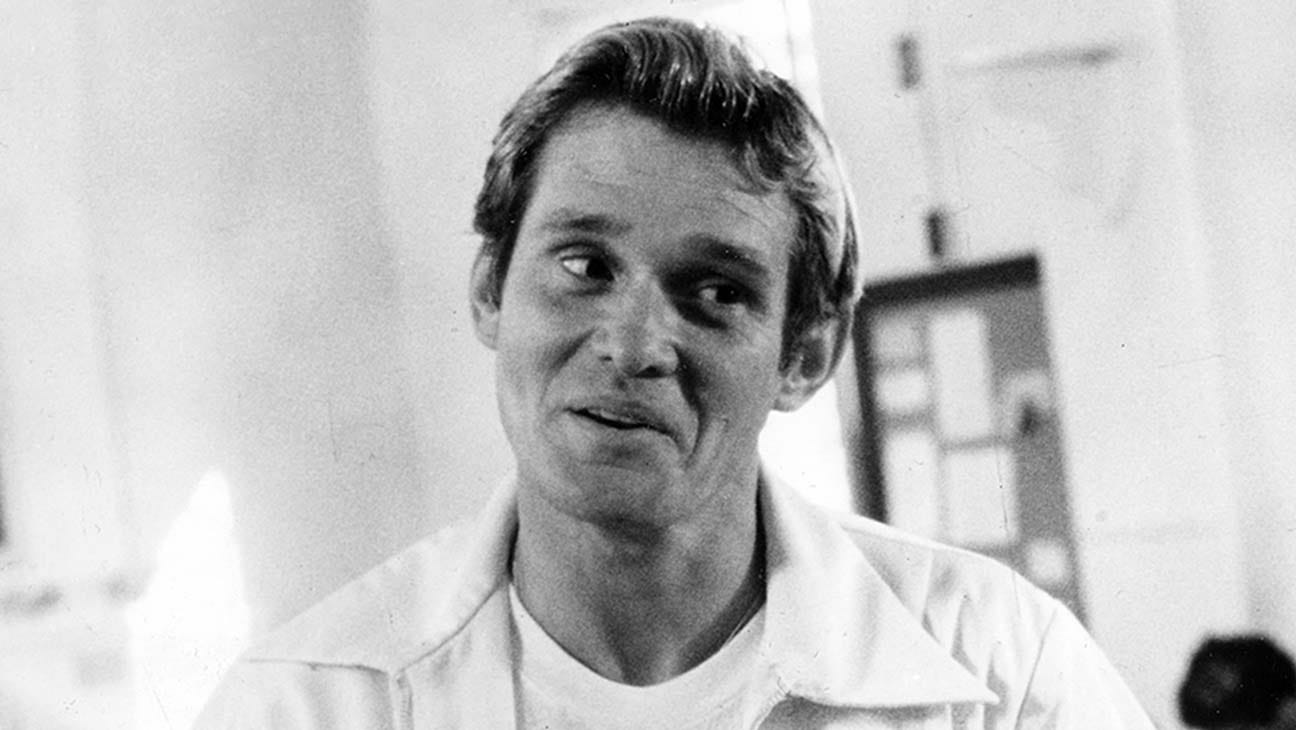
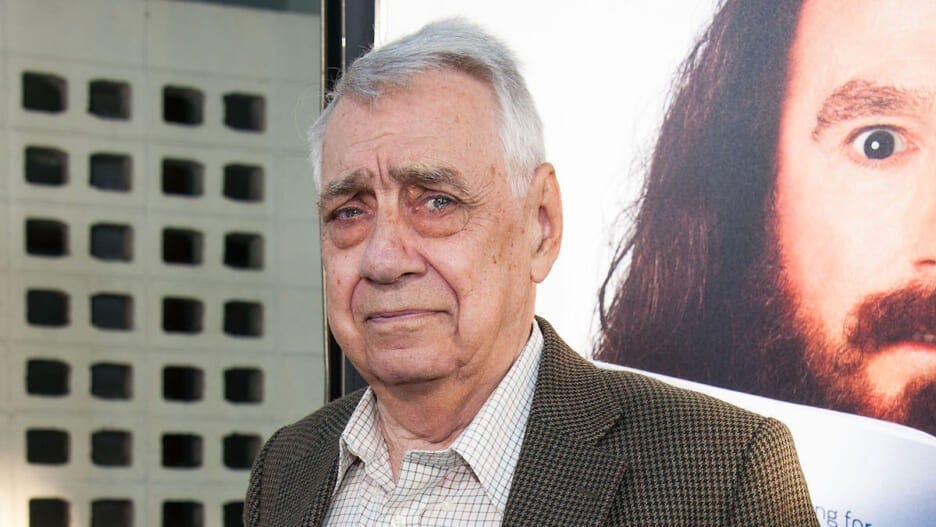



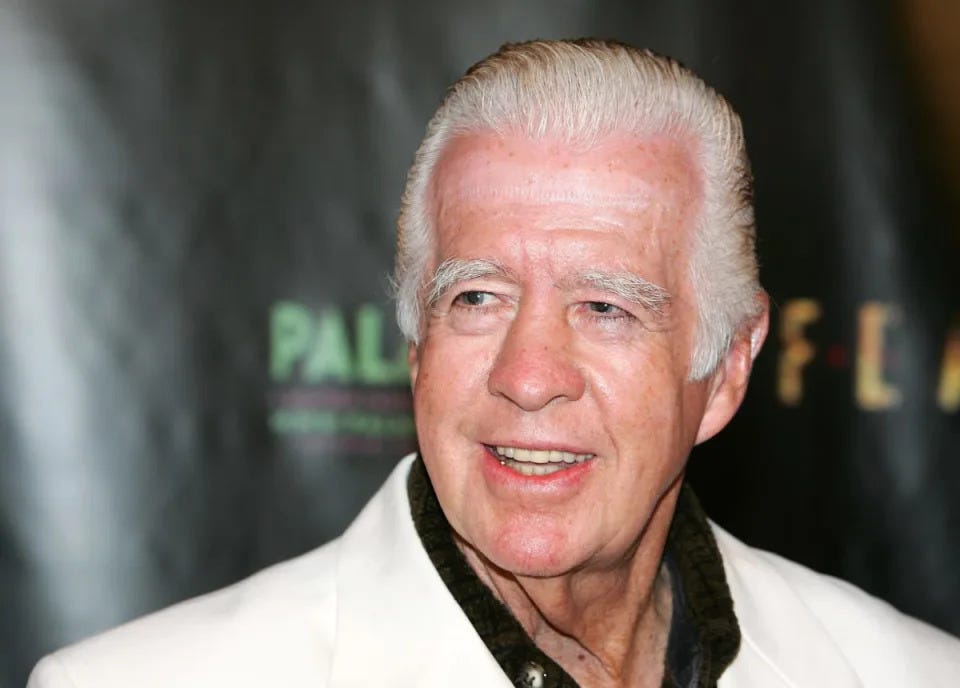


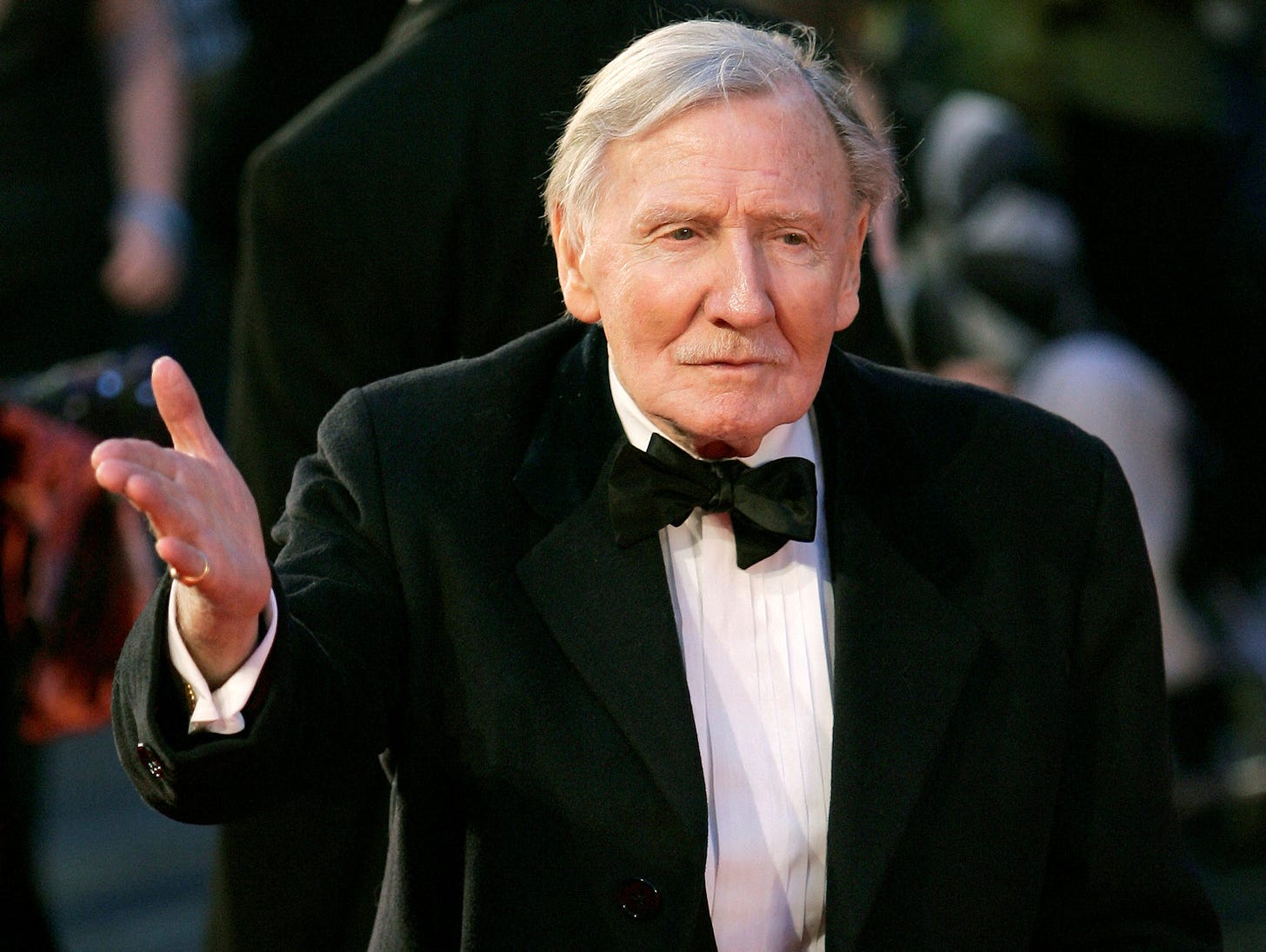
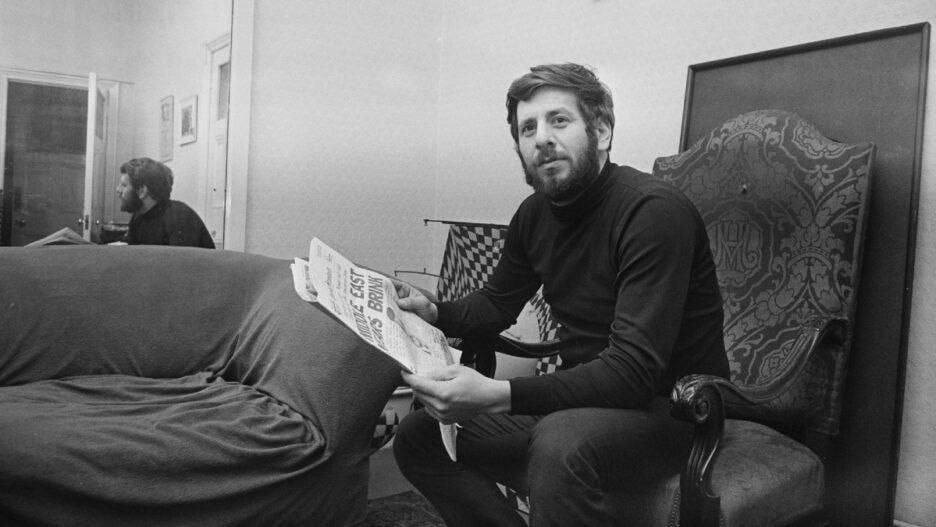
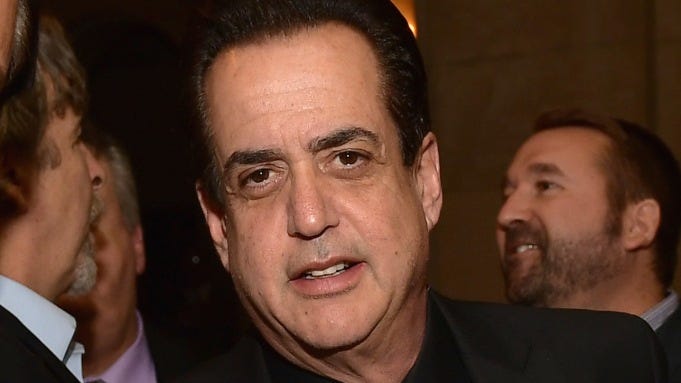
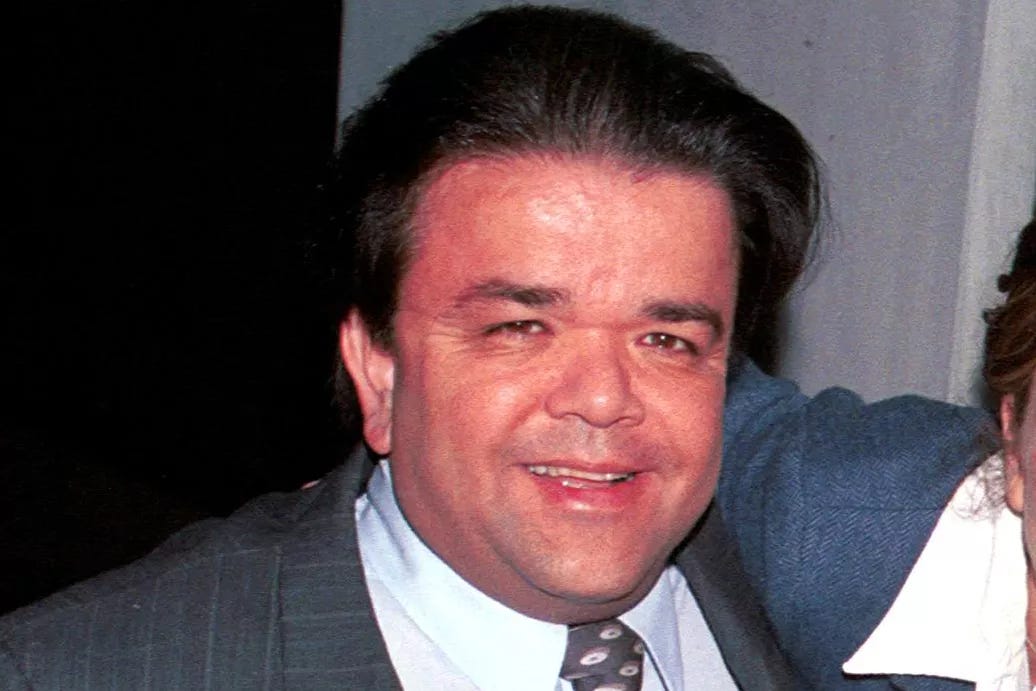


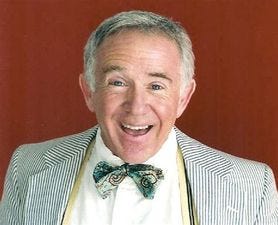
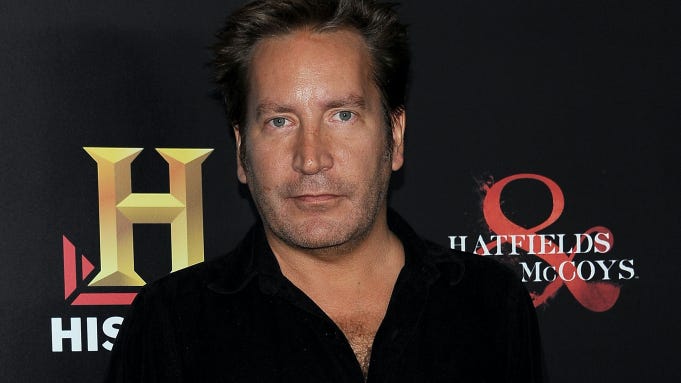

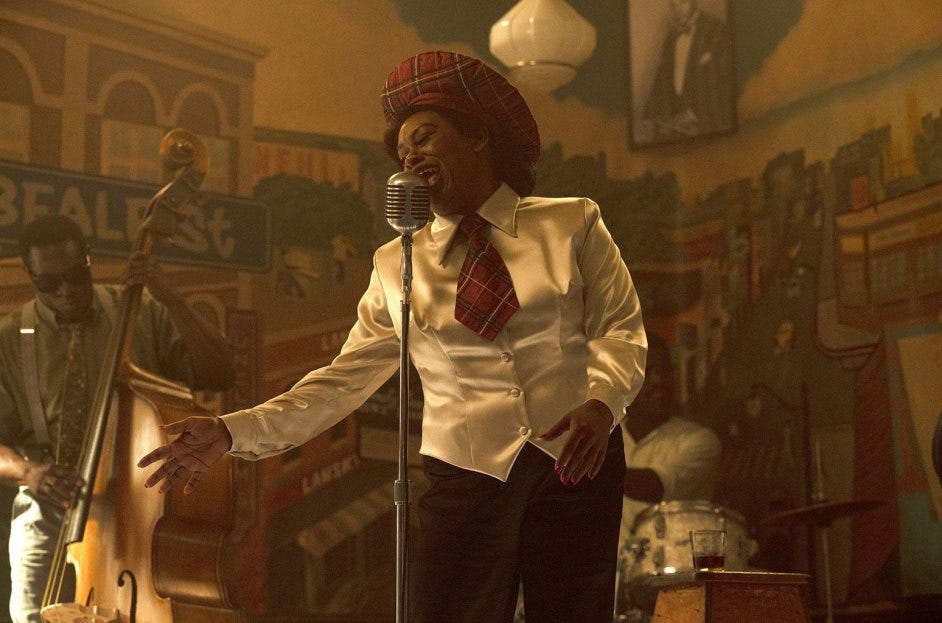
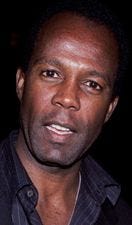
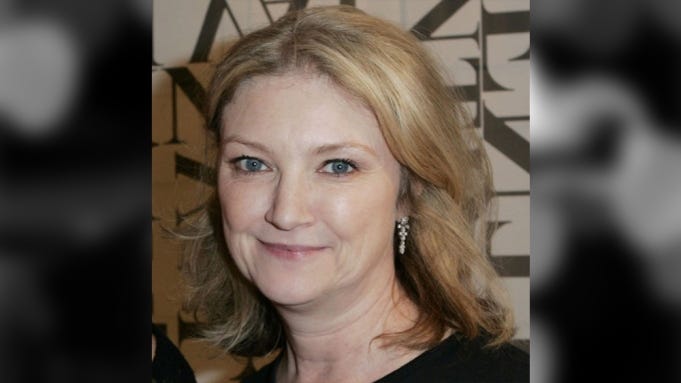
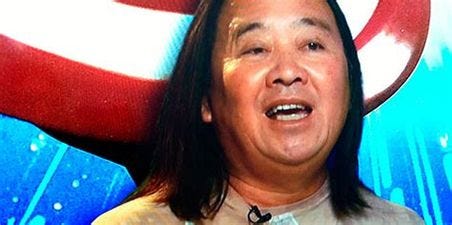
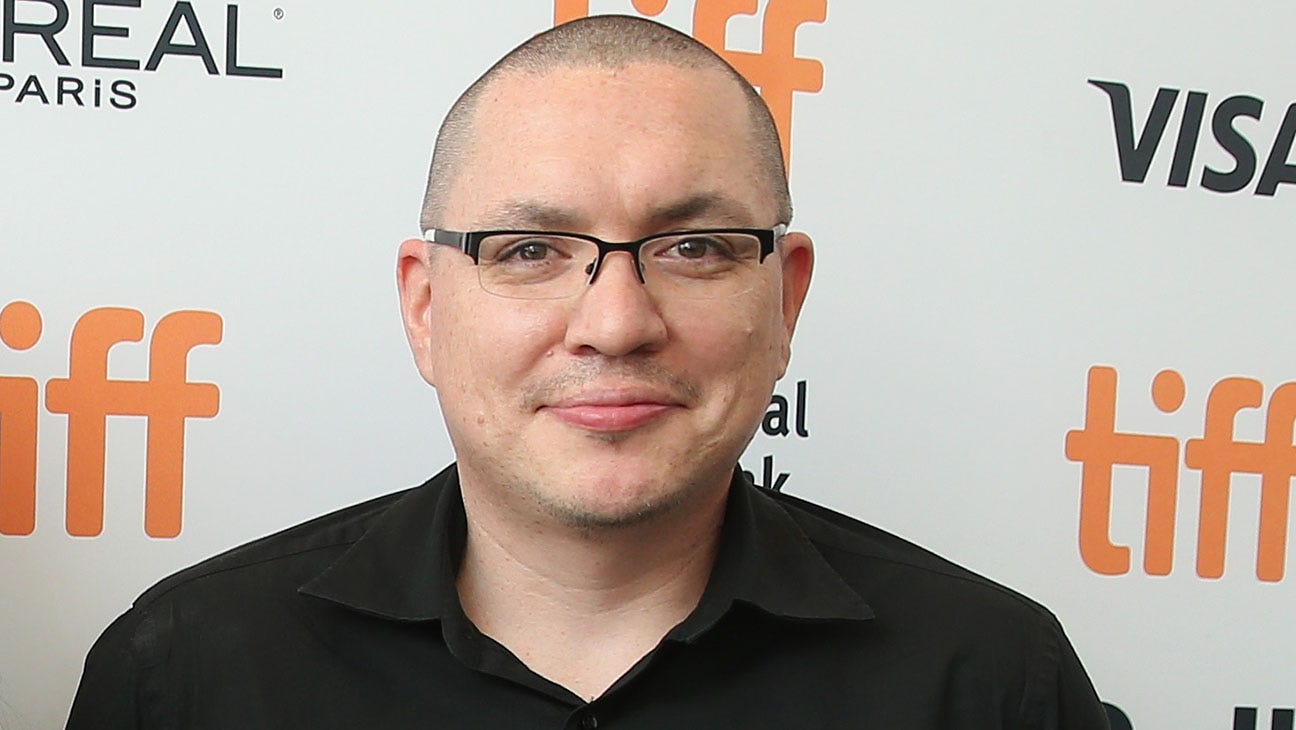
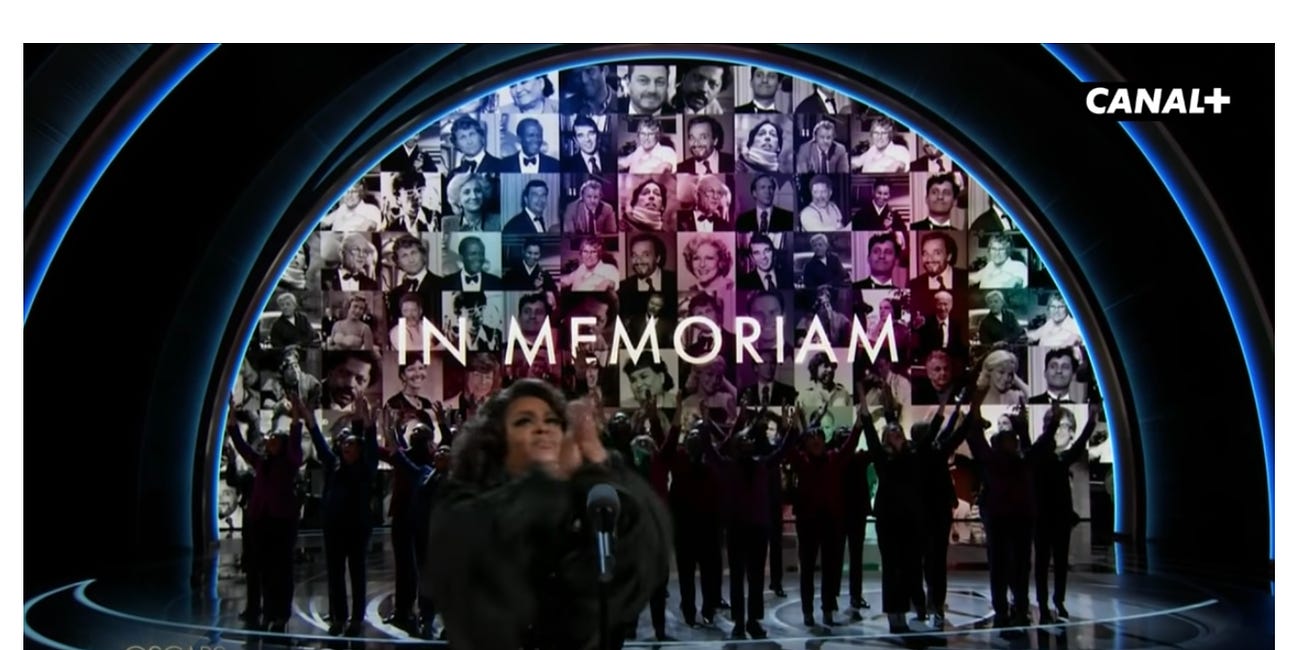
Well, Anne Heche was taken out, wasn't she...
They had everything going for them. Didn’t have slave at some shit job for peanuts. Lived in beautiful homes. Ate fancy expensive foods. Had cool cars and all kinds of toys. Went on fancy vacations that regular people could only dream about. Had more money than they needed. They were missing just one thing: The common sense necessary to question what the authorities told them to do.